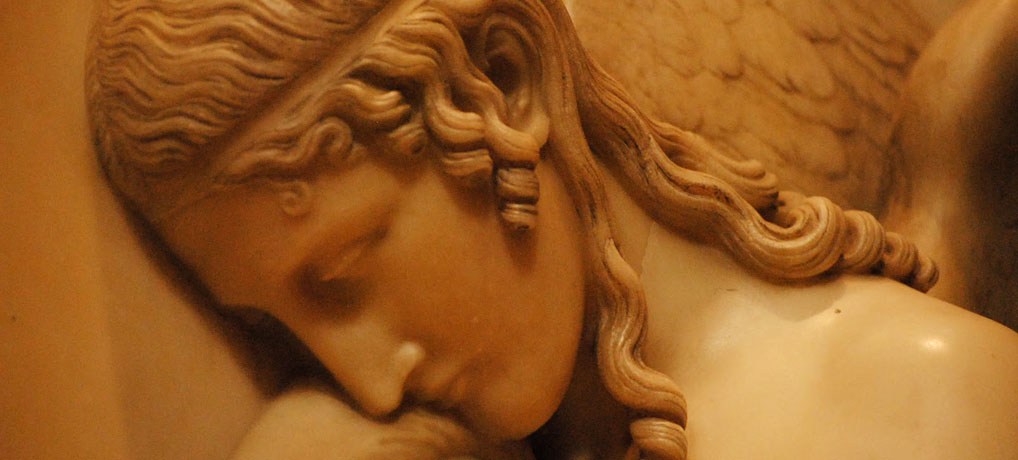She ● Utopia
Every time I think of her, I feel this immense tenderness, bittersweet, coming across in waves. At her place there is always someone who curses everyone and everything. She has anorexic children with her, and an endless variety of bulimic landlords that she has, in time, chosen herself. She knows those hospitals where smiles are no longer an option: she knows them because she has tried it all, really, to feel better and heal. They told her: “Try to go to Germany, to the States. You know, they still receive funds for scientific research there, and they have taken big steps. They will fix you there”.
She boarded endless planes, tired but wearing his best clothes. She went here and there, always accompanied by partners whose only thought was a memory of a summer day. She did not solve anything, in these her peregrinations. There was always a man dressed in white waiting for her return. He wears a cross around his neck, and has an endless series of frightened children in the basement. Sometimes when I visit her, I seem to hear their screams, but I tell myself “it must have been the wind”. Each time, she tries to move him ì from the door, but she can’t and then she leaves him there in the middle of the hall. When we meet, she doesn’t tell me but I know she is in pain: her feet are destroyed because her shoes have been bent for too many years, her back is crooked, and her hips are fragile. In her garden, one can feel screams all the time. “They fight, but then they go to the tavern to drink together. That ‘s what I do not understand”, she says. I cannot understand it either, but so be it. It would seem the end, right?
No, it is not the end. She will live. I don’t know how, but she will pull through. Men will stop leaving her for other faster and more appealing women. She will no longer need to sit inside the iron lung. Her landlords will be removed at last, and her noisy neighbours will move elsewhere, screaming and toasting all together, shameless. Those that have always adored the delicate nature of her actions, the elegant books she has written over time, and the care that has impressed in her works of art.
Those will come back. One day she will begin again to expose those extraordinary paintings that she has been hiding in her cellar. Her children will not feel ashamed any more and they will love the authenticity of her smile again, and will laugh with her under a sky that will turn a brighter shade of blue. She will play Giorgio Gaber on an old gramophone. She will appreciate the great theatre that stands like a beautiful kite in front of her house. She will stop smoking, and will gamble again. She will be surprised by the sea, which will be clean at last. She will take a huge ice cream in her favourite square under the statue of Garibaldi and other glorious heroes. When she feels stronger, she will be able to give a slap to the chubby man who occupies her corridor. She will not move him completely, as he has been there for too long, but at least she will make him lose weight.
She will not need doctors nor technicians any more, and she will spend time at the park, watching some old guys playing bocce. Herlove will come back from a war that had been described as a mission of peace. When she sees him without an arm, it will not be necessary to ask whether it was war or war. They will embrace again at an airport full of travellers. The rest will not matter.
Her name is Italia.
She will come back to life.
